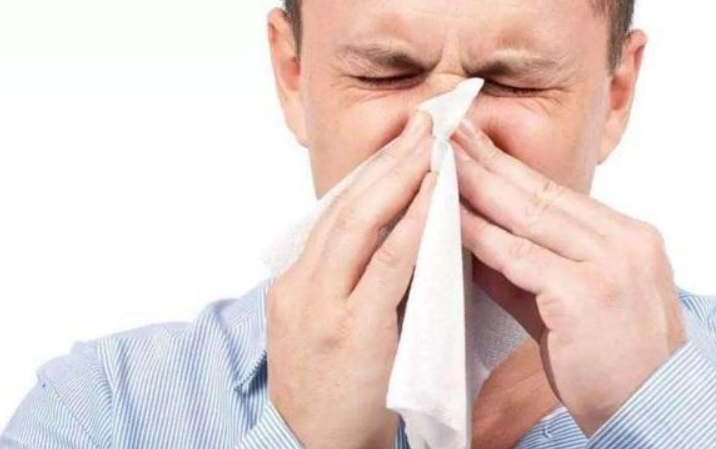
The weather is getting hotter and swimming pools are opening one after another. There are always one or two "slugs" in each class of kindergarten, and they have been enrolled in swimming classes by mothers. Why? Because they say swimming is good for rhinitis.
However, after a week or two, some people began to tease: isn't it said that swimming cures rhinitis? Why do you swim more and more serious, and every time you come back, your nose keeps running?
Is swimming good for treating rhinitis in the end?
In general, swimming, like other sports, is conducive to enhancing physical fitness, improving body immunity, and is good for the prevention of rhinitis and the recovery of chronic rhinitis.
But the premise is to swim in a clean water environment and the right water temperature. If the pool disinfectant is excessive, the water quality is not good, and even the existence of pathogenic bacteria pollution, it will aggravate rhinitis.
Also, not all kinds of rhinitis can be relieved by swimming.
If you are suffering from acute rhinitis, acute episodes of chronic rhinitis, many children common with sinusitis rhinitis, allergic rhinitis sensitive to cold air, it is best not to swim.
If you are having an acute rhinitis, most of the virus, bacteria and other infections, the body function is also in a weak state, this time swimming prone to complications, such as pneumonia, myocarditis and so on.
From the analysis of various rhinitis pathologies, it may be easier for us to understand why swimming is helpful for the relief of some rhinitis, but sometimes it is "counterproductive".
Rhinitis is mainly divided into acute rhinitis, chronic rhinitis and allergic rhinitis (variable rhinitis).
Acute rhinitis, chronic rhinitis acute attack period is mostly viral infection, acute period appears runny nose, headache, nasal congestion and other flu-like symptoms, this period if swimming or other strenuous exercise, are easy to appear complications.
At the same time, many children's rhinitis is often accompanied by sinusitis, it is difficult to judge what type of rhinitis, it is recommended that as long as there are symptoms, such as nasal congestion, runny nose and other situations, it is best to avoid swimming.
It is worth noting that sinusitis is mainly bacterial infection, and there is a certain infectivity, so it is not advocated to swim in public places, not only to protect their own health, but also to respect the health of others.
There are many causes of chronic rhinitis, such as dust, air pollution, changes in nasal structure, etc., may lead to rhinitis, there is no problem of bacterial and viral infection, and there is no need to use antibiotics, antiviral drugs, etc., so patients with chronic rhinitis can improve body resistance as long as they are not in the acute attack period, engaging in physical exercise such as swimming, running, yoga, fitness, etc. It is helpful to treat chronic rhinitis.
It should be noted that patients with chronic rhinitis should pay more attention to warmth before and after swimming to avoid cold induced symptoms. Generally speaking, the water temperature is more suitable between 25℃ and 30℃.
In the weather is relatively cold to swim, but also pay attention to preheat, so that the body in advance to open.
The pathogenesis of allergic rhinitis is mainly caused by allergens. If the patient is only allergic to cold air, as long as the water temperature is suitable, it is still possible to swim.
Physical exercise, such as swimming, is not strongly associated with the onset of allergic rhinitis, nor is it related to physical strength.
Of course, if there are allergens in the environmental factors of exercise, such as outdoor exercise and running when the air quality is poor; Swimming in swimming pools and outdoor water bodies with unsatisfactory water quality conditions may induce allergic rhinitis.
To sum up, is acute rhinitis should not swim, will aggravate the condition; Chronic rhinitis, swimming helps relieve; The allergic rhinitis caused by various allergens, as long as the stimulation of allergic factors is avoided, it has little to do with swimming.

